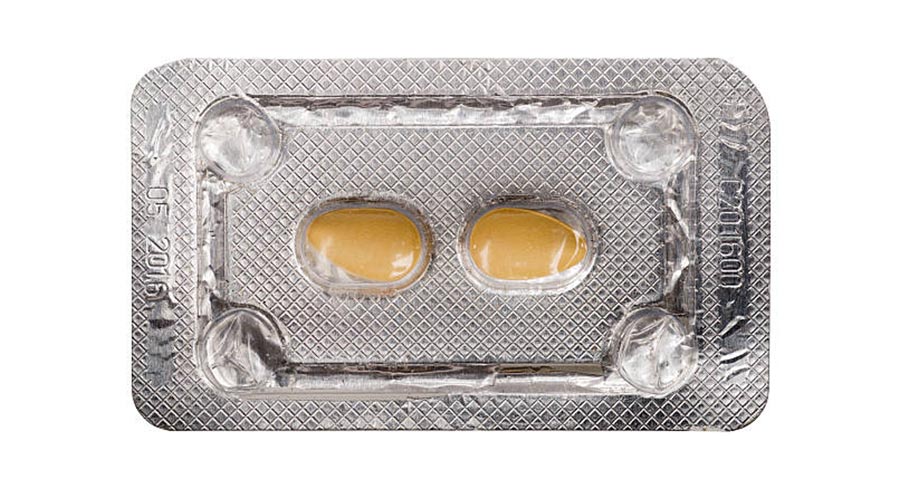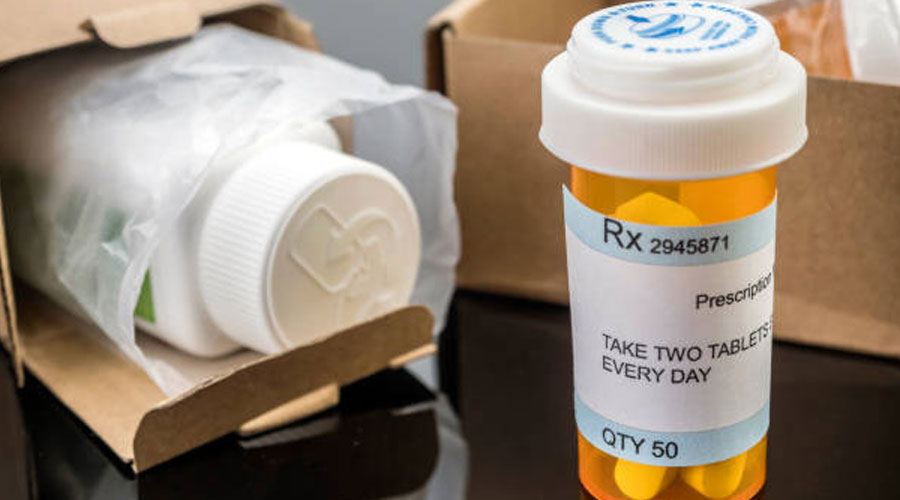Cialis is a popular medication used to treat erectile dysfunction (ED) in men. However, like all medications, Cialis can also have side effects. Here are some things you should know about Cialis side effects:
Contents
What is erectile dysfunction?

Erectile dysfunction, or ED, is a condition in which a man has difficulty achieving or maintaining an erection. It can be caused by physical or psychological factors. Physical factors include diseases, injuries, and medications. Psychological factors include stress, anxiety, and depression.
ED is a common problem. It affects about one in five men aged 40 to 70 years. However, it is not normal to have difficulty getting or keeping an erection every time you try to have sex. If you have ED, see your doctor for diagnosis and treatment.
What causes erectile dysfunction?
Erectile dysfunction is a common problem that many men face. There are many different causes of erectile dysfunction, including physical and psychological factors. Physical factors that can cause erectile dysfunction include heart disease, diabetes, and high blood pressure. Psychological factors that can cause erectile dysfunction include stress and anxiety. Treatment for erectile dysfunction depends on the underlying cause.
Erectile dysfunction treatments
Erectile dysfunction is a common problem that many men face. There are many different causes of erectile dysfunction, including physical and psychological factors. Physical factors that can cause erectile dysfunction include heart disease, diabetes, and high blood pressure. Psychological factors that can cause erectile dysfunction include stress and anxiety. Treatment for erectile dysfunction depends on the underlying cause.
What is Cialis?

Cialis is a medication used to treat erectile dysfunction (ED). It is available as a pill or an injection. It works by increasing blood flow to the penis to help you get and maintain an erection. Cialis is generally well-tolerated, but it can cause some side effects, such as headache, nausea, and lightheadedness.
Cialis uses
Cialis is a medication that is commonly used to treat erectile dysfunction. It can also be used to help improve the flow of blood throughout the body. Cialis has been found to be effective in treating other conditions such as pulmonary arterial hypertension and benign prostatic hyperplasia.
Cialis dose
When it comes to taking Cialis, there are a few things to consider in terms of dosage. For starters, it’s important to consult with a doctor before taking the drug, as they will be able to recommend the appropriate dosage based on your individual needs. In general, the starting dose for Cialis is 10 mg, which can be taken up to once per day.
However, your doctor may recommend a different dosage depending on your health history and other medications you may be taking. Additionally, it’s important to keep in mind that the dose of Cialis may need to be adjusted if you’re taking other drugs that affect how the medication is metabolized by your body. As with any medication, it’s important to read the full prescribing information before taking Cialis.
Side effects of Cialis
There are many potential side effects of Cialis, some of which are more serious than others. Some users experience a headache, indigestion, back pain, muscle aches, or nasal congestion. More serious side effects include priapism (an erection that lasts for more than four hours), heart attack, and stroke. It is important to consult with a doctor before taking Cialis if you have any health concerns or are taking other medications.
How to avoid the side effects of Cialis
If you are taking Cialis, there are some things you can do to help avoid the side effects. Drink plenty of water, as dehydration can worsen side effects. Avoid drinking alcohol, as it can also worsen side effects. Do not take Cialis with other medications that can cause a drop in blood pressure, such as nitrates for chest pain. If you experience any side effects, stop taking Cialis and contact your doctor.
Cialis drug interactions

Some drugs can interact with Cialis, potentially increasing the risk of adverse effects or reducing the effectiveness of the medication. For example, drugs that interfere with the metabolism of Cialis can increase the levels of tadalafil in the blood and may lead to increased side effects. Drugs that inhibit CYP3A4, such as erythromycin and clarithromycin, can increase the levels of tadalafil.
Grapefruit juice can also increase the levels of tadalafil. Other medications that can interact with Cialis include rifampin, phenytoin, carbamazepine, and St. John’s wort. Patients taking any of these medications should consult their healthcare professional before starting Cialis treatment.
Cialis and blood pressure medications
Cialis is a medication that is used to treat erectile dysfunction. It is also known as tadalafil. Cialis can be taken with or without food. It is important to follow the instructions provided by your doctor.
Cialis can interact with other medications, including blood pressure medications. If you are taking blood pressure medications, it is important to tell your doctor before taking Cialis. Your doctor may need to adjust the dose of your blood pressure medication when you start taking Cialis.
Conclusion
While Cialis is an effective treatment for erectile dysfunction, there are some potential side effects that patients should be aware of. By following the tips in this article, you can help reduce your chances of experiencing any adverse effects. If you are considering taking Cialis, be sure to talk to your doctor about your individual risk factors and any other medications you may be taking.
FAQ
How do I overcome the side effects of Cialis?
If you are experiencing any side effects from Cialis, there are ways that you can overcome them. The most common side effects of Cialis are headache, indigestion, and back pain. These side effects can often be relieved by taking over-the-counter medications or by following some simple tips.
If you are experiencing a headache, take an over-the-counter pain reliever such as ibuprofen or aspirin. If you are experiencing indigestion, try taking an antacid such as Tums or Rolaids. And if you are experiencing back pain, try taking a hot bath or applying a heating pad to the area.
In addition to these tips, it is also important to drink plenty of water and avoid drinking alcohol while taking Cialis.
Do Cialis side effects go away?
Yes, Cialis side effects do eventually go away. However, how long this takes depends on the individual and the severity of their reaction. In most cases, the side effects dissipate within a few days or weeks. If they persist after this time, it’s best to consult with a doctor to see if there is an underlying cause that needs to be addressed.
How common are Cialis side effects?
Cialis is a popular drug used to treat erectile dysfunction. It is generally well tolerated, but some people experience side effects. How common are Cialis side effects?
According to the FDA, common side effects of Cialis include headache, indigestion, back pain, muscle aches, nasal congestion, flushing, and dizziness. These side effects occur in about 1 in 10 men who take the drug.
Less common side effects include changes in vision, such as blurred vision and temporary problems with color perception. These changes usually go away within a few hours.
Rarely more serious side effects can occur. These include heart attack, stroke, and sudden death. If you experience any of these symptoms while taking Cialis, seek medical help immediately.
Can Cialis cause permanent damage?
Studies have shown that there is a potential for permanent damage to the penis if taken incorrectly. This can include priapism, a prolonged and painful erection that lasts more than four hours and requires medical attention.
